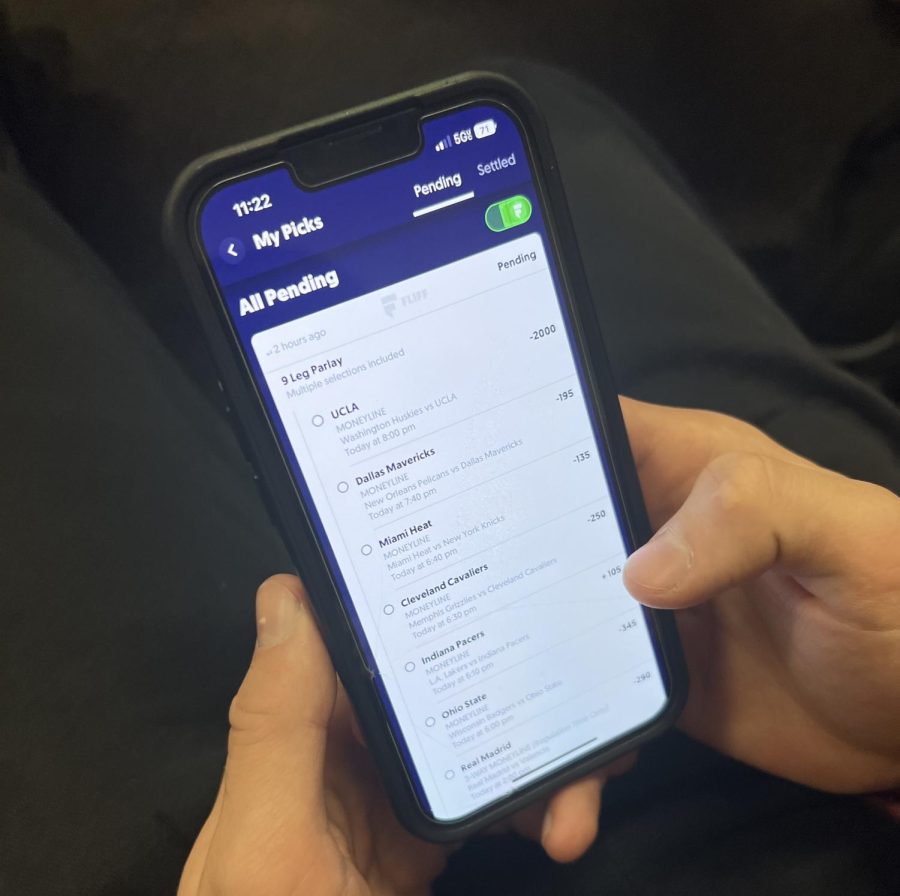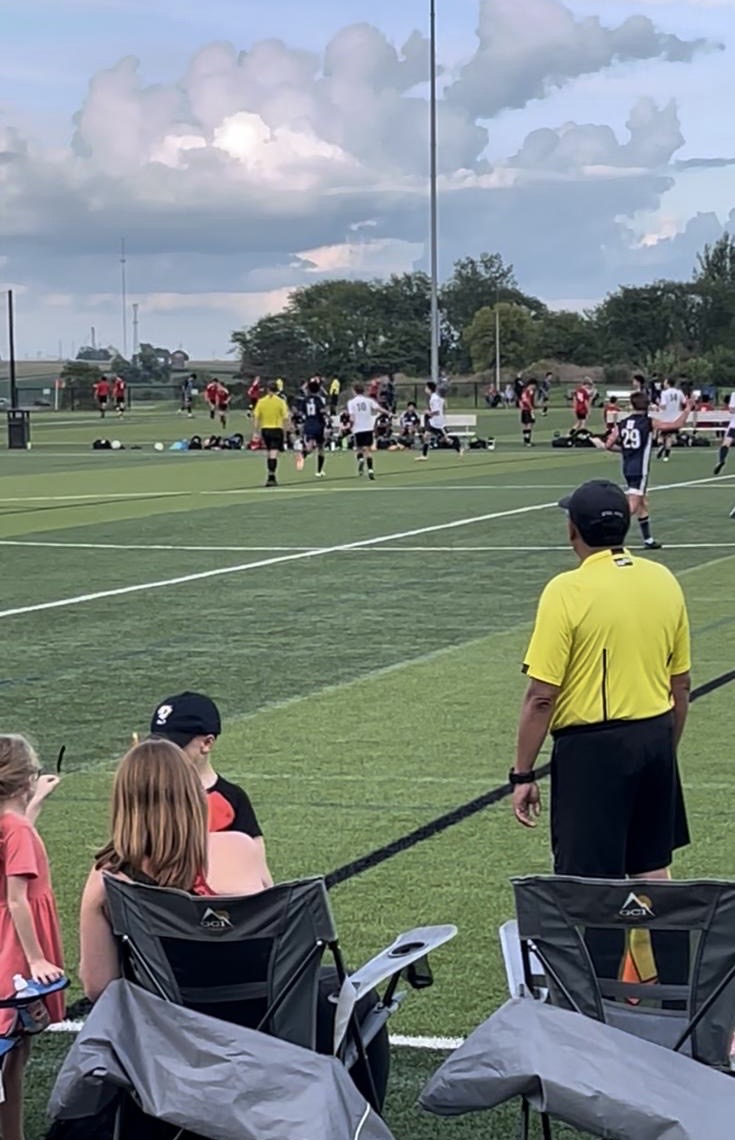“GET A $50 FREE BET!” This quote, like many, is one of the most common marketing schemes used by sports betting apps and sportsbooks. Most consumers think, “Well, why not? I can’t lose if it’s not my money.” Because they think that their first bet is free, many are diving into the sports betting world. Sports betting has become a huge trend among teenagers and young adults.
Betting and wagering has always been popular, but after the Supreme Court ruling of Murphy v. National Collegiate Athletic Association, sports betting has taken off. New apps and websites are being created left and right, trying to get consumers to join their platforms. Sportsbook advertisements use celebrities and influential figures to promote sports betting. Most ads use a specific tactic—allowing betters to receive a certain amount of money for free in order for them to bet. That way they don’t have to start out using their own money. These advertisements are everywhere—DraftKings, FanDuel, and BetMGM are some of the more popular sportsbooks due to their rigorous advertising programs.
All three of these companies push repeated advertisements on YouTube and television. Cael Stewart noted that he gets numerous sportsbook ads while watching YouTube videos. “I constantly get the DraftKings ads and the BetMGM ads with Jamie Foxx.” Is that a coincidence that he, as a young man who watches sports, is constantly being exposed to sports betting?
The answer is no, as young men are the most common consumers for sports betting. This poses an issue. Are teenagers and young adults that engage sportsbooks being coerced into putting their financial future at risk?
Personal Finance teacher Rita Brown is exposing students to the risks of sports betting through her Personal Finance class. “We hear stories from friends who won $200. Do we hear about the losses that happen more often? Research suggests teens are two to four times more likely to develop a gambling addiction because the brain is not yet fully developed for reasonable decision making,” she said. “Yet students can reasonably understand it is rigged for the house to always win.”
As Brown mentioned, it could be argued that having the ability to bet at such a young age could cause a gambling addiction. The increasing number of sportsbooks make betting accessible for anyone above the age of 18, despite the fact that in 40 of the 50 US States, it is illegal to bet on sports under the age of 21.
A popular app circulating through PV is Fliff. Fliff allows 18-year-olds to bet, resulting in many PV seniors using the app to bet on sports. Brown also mentions that the human brain is not fully capable of reasonable decision making. This is true because the brain does not stop developing until the mid to late 20’s, so it is very possible that young adults who take part in sports betting can develop poor financial habits.
Although there are many risks involved in sports betting, some PV seniors offer different perspectives about the use of sportsbooks.
Senior Sam Johnson is one of many young men at PV that have engaged in sports betting. “When done in moderation [sports betting], it’s not bad as long as you don’t start using money from savings to cover the costs,” he says. “If you set aside a limited amount of money each month for it, it’s just as expensive as a night out with friends.”
Like Johnson, Tevin Edgin is another senior experienced in sports betting; however, he has noticed some of its adverse effects. “I think that sports betting hurts people who put their own money in because the house always wins.” Edgin has withheld using his own money for bets. “They give you money when you sign up,” he says. “They try to get you hooked so you put your own money in.”
Not only do Johnson and Edgin seem to have their habits under control, but they are also planning ahead and using smart tactics. Johnson has temperance when it comes to sports betting; he learned that setting aside a set amount of money will prevent you from losing money. Edgin knows that these sportsbooks are rigged for the house to win, so he plans to not use his own money to bet, instead using the free bets that he gets for signing up.
As more sportsbook websites and apps come out, the more users there will be. Are we going to see a rise in gambling addictions? How will the financial stability of those betters be affected? In order to mediate the risks of sports betting, prospective young people need to learn and practice smart financial decision making.









